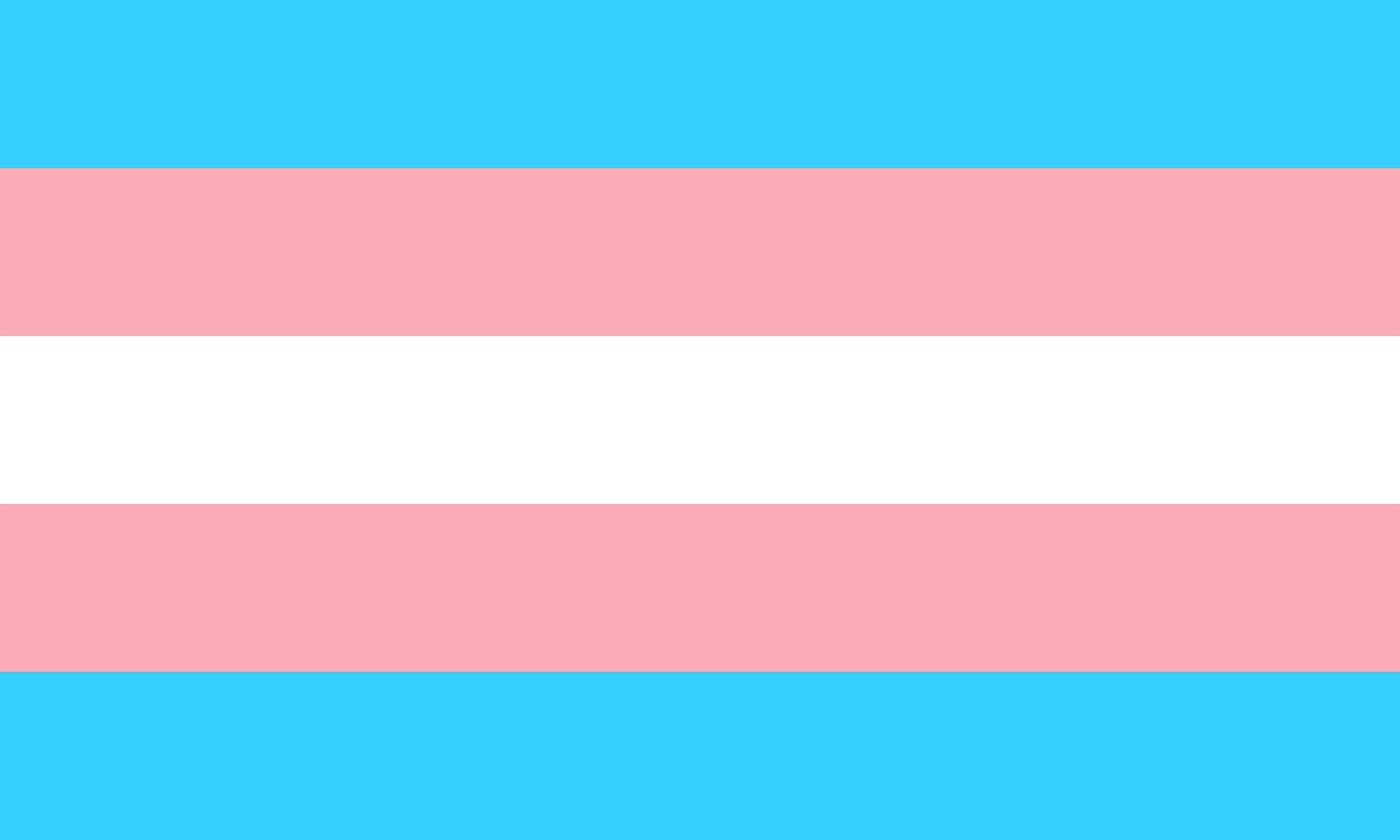Outlook Study reveals high levels of discrimination towards trans community in KW region

The data gathered by the Outlook Study, conducted by various members of the Kitchener-Waterloo and Wilfrid Laurier University communities, revealed that the Waterloo trans population still experiences high levels of discrimination and faces significant barriers.
A fact sheet titled “Experience of Trans People in Waterloo Region” outlines the key information the Outlook Study gathered on trans community.
Places of worship, gyms, public restrooms, restaurants and community centres were listed as the top five places where trans people felt unsafe, with up to 92 per cent of participants reporting feeling unsafe in one or more of these spaces.
23 per cent of trans people surveyed reported that their primary healthcare providers did not know enough about trans-related care in order to treat them and 13 per cent reported experiencing harmful or insulting language from a healthcare provider regarding their gender identity/experience.
“While the results were not necessarily surprising, they were extremely validating,” said Charlie Davis, Co-Chair of the Rainbow Community Council and PhD Student at Wilfrid Laurier University.
“The data is really backing up the experiences of trans people in the KW community,” Davis said.
Over 70 per cent of trans people surveyed felt unsafe in medical settings and 76 per cent have had to educate a healthcare provider about gender identity.
“Many people don’t have access to trans [medical] services in the KW region…they would have to go all the way to a larger city to have all their needs met,” said Davis.
The Outlook Study, inspired by a lack of applicable data on the experience of LGBTQ+ people in the Waterloo region, was the first of its kind in the KW community.
526 LGBTQ+ people living or working in Waterloo participated in the survey, 112 of those participants identifying as trans.
The study was orchestrated by representatives from the Rainbow Community Council, Region of Waterloo Public Health & Emergency Services, the AIDS Committee of Cambridge, Kitchener, Waterloo & Area, the Waterloo Region Rainbow Coalition, Wilfrid Laurier University and various other organizations and members of the community.
“The idea was to collect this information so that it can inform programs and services intended to change and help the LGBTQ+ community in the region of Waterloo,” said Todd Coleman, Assistant Professor of Health Sciences at Wilfrid Laurier University.
The information gathered by the Outlook Study can be used for further advocacy for the Waterloo LGBTQ+ populations – to aid in creating more inclusive policies, more inclusive healthcare and additional training and workshops educating people on different gender identities.
“These things can go a really long way in ensuring that the community feels inclusive of transgender people,” said Coleman.
“The idea is to acknowledge the diversity and to keep the dialogue open.”


